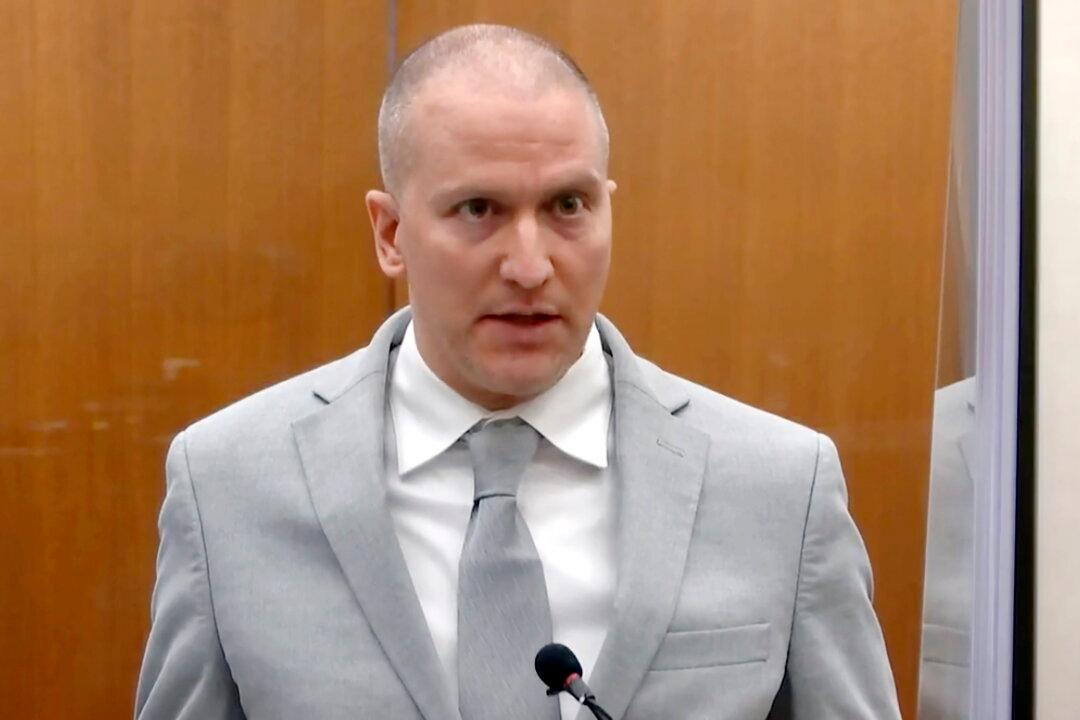The Supreme Court refused to take up the appeal of Derek Chauvin, the former Minneapolis police officer convicted of second-degree murder in the death of George Floyd.
The Court did not explain why it declined to grant the petition for certiorari, or review, in the case. No justices dissented from the unsigned order issued on Nov. 20. At least four of the nine justices must vote to grant the petition for it to move forward to the oral argument stage.





